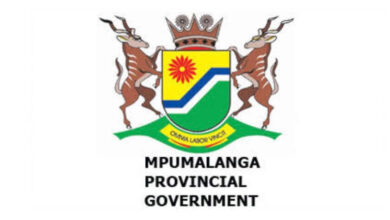5 Best Ways On How To Manage Your Time Effectively

Time is like money. If you control how you use it, you can create a productive and profitable working environment. If you don’t, you can spend your working life always being busy, but not getting the important things done.Developing time management skills is a journey that may begin with this Guide, but needs practice and other guidance along the way. One goal is to help yourself become aware of how you use your time as one resource in organizing, prioritizing, and succeeding in life.
Take into account the following 5 tips to manage your time effectively……
1. Set Goals
Few people have the time to do everything so it’s important to focus on priorities. Set goals and spend most of your time on activities that help you to achieve these goals. Give the highest priority to activities that are important and urgent. Consider whether you need to spend time on things that are urgent but not important.
2. Develop a plan
Base your plans on your priorities, taking into account your way of working. You might find it useful to plan first your week, then your day. Identify which tasks will help you achieve your goals, and allocate your time accordingly. Get small, urgent tasks out of the way first.
3. Set Deadlines
Set realistic deadlines for all your activities. With long-term projects, set interim deadlines and a final deadline. Allow time for contingencies – the longer the project, the more contingency time will be needed. Decide whether your deadlines are fixed or flexible. Don’t allow work (particularly less important work) to take longer than it should. If ten minutes is all a job is worth, make sure it’s done in ten minutes.
4. Minimise Distractions
However carefully you prioritise the use of your time, your attempts to manage it efficiently will be undermined unless you can find effective ways of dealing with distractions:
5. Analyze your Time
Monitoring your own use of time is an effective way of improving your time management. This involves logging your activities in some detail over a given period, for instance a week. You’ll have to do this anyway if you charge for your time.
Once you’ve worked out how you spend your time, analyse your activities, such as working out which activities contributed most towards achieving your goals and which can be classified as:
- urgent and important
- urgent but not important
- important
- neither urgent nor important.




